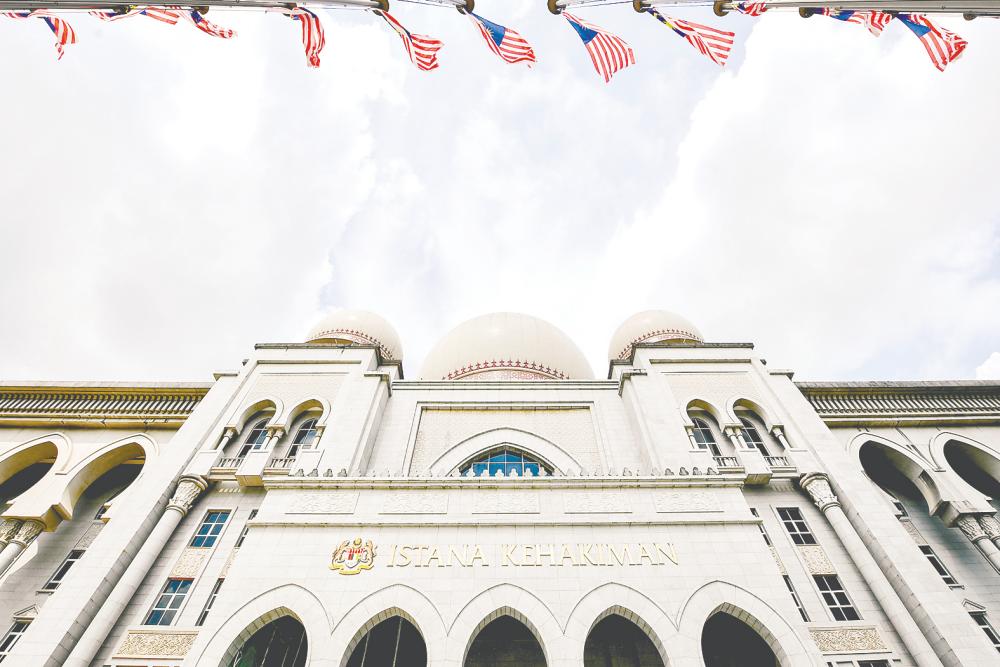WE, the members of G25, strongly oppose the Terengganu Syariah Appeal Court’s decision to uphold the Syariah High Court’s sentence of public whipping for 42-year-old Affendi Awang, a widower and father of five, for the offence of khalwat (close proximity). The sentence, reportedly intended to deter both the offender and others, is particularly troubling given that the offender is a repeat offender.
We respectfully urge the federal government and the Conference of Rulers to adopt a progressive stance, recognising that it is wrong
for state governments, through their respective state Syariah Enactments, to criminalise the moral conduct of Muslims and impose cruel punishments.
Criminalising personal behaviour infringes upon human rights and the fundamental liberties guaranteed by the Federal Constitution.
We urge the relevant authorities to halt the scheduled public whipping on Friday. In line with the prime minister’s commitment to reforms, he should intervene promptly by speaking out against this practice, ensuring action is taken before it is too late.
Public whipping by the Syariah Court violates both the Federal Constitution and the Syariah Courts (Criminal Jurisdiction) Act 1965 (Act 355), which does not provide for public whipping.
Offenders of khalwat are not criminals as
their personal behaviour and transgressions pose no threat to life, property or the peace and security of the country.
State religious departments should uphold a more humane approach through dakwah (missionary) activities, focusing on counselling, guidance and support to help individuals become better Muslims. Public humiliation should never be considered an option.
We wish to remind the public and state authorities that Islam forbids the shaming and humiliation of fellow Muslims, and nowhere in the Quran does it sanction the public whipping
of sinners for the act of khalwat.
Islam should not be distorted into a cruel religion that teaches through humiliation but rather it should be recognised as a faith that embodies compassion and dignity.
The decision to hold the whipping in a mosque after Friday prayers, effectively stripping the individual of his dignity and right to privacy, is an injustice and affront to the values of compassion in Islam.
It also raises concerns about whether true justice is being served, particularly considering the potential emotional harm to the offender’s five children, who may suffer from the public spectacle of their father’s punishment.
Furthermore, holding such an act in a mosque, a place of worship and reverence, not only undermines the sanctity of the space but also risks demeaning the image of the mosque itself, turning it from a place of peace and prayer into one of humiliation and punishment.
We reiterate that whipping contradicts the principles of modern justice, which asserts that even the most serious offenders deserve to be treated with respect. Even a convicted murderer, facing the death penalty, is entitled to die with dignity and privacy.
Malaysia is a constitutional democracy founded on the universal principles of justice. The practice of public whipping raises serious concerns about the country’s image as a progressive Muslim-majority nation.
We have long prided ourselves on being a moderate and tolerant country, guided by the principles of Wassatiyah and Maqasid al-Syariah, which call for a more compassionate and moderate approach to how Islam is practised in our lives.
G25 supports the call by Suhakam (Human Rights Commission of Malaysia) for the abolition of corporal punishments, and that Malaysia should accede to the United Nations Convention against Torture and Other Cruel, Inhuman or Degrading Treatment or Punishment 1984.
The majority of countries in the world have already ratified or acceded to this convention, including many Muslim-majority countries. It is time that Malaysia be a party to this convention.
Should the public whipping proceed, we can no longer call ourselves a moderate Muslim nation. We, therefore, ask members of the public not to attend the whipping, should it proceed.
Let us act with restraint and respect, and show through our actions that we do not support this cruel and humiliating form of punishment.









